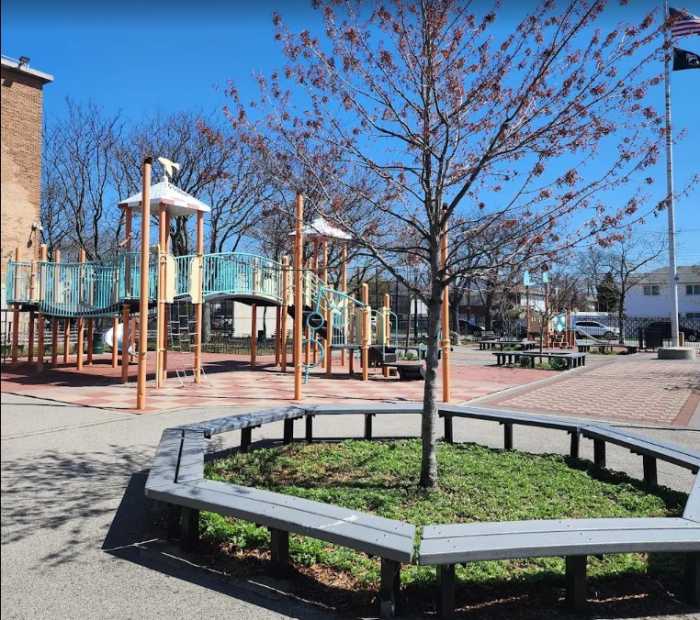By Gary Buiso
Uniformed police officers knocking on doors to conduct an after dark “survey” isn’t just a heavy-handed practice—it’s practically un-American— one local lawmaker charged this week. “That doesn’t happen in the United States of America,” City Councilmember Lew Fidler said. The cops were dispatched to East 52nd Street, East 53rd Place and East 54th Street, blocks near Kings Plaza that had been particularly besieged by dollar van traffic. Barricades, which Fidler and Assemblymember Alan Maisel supported, were installed on these blocks with the consent of the former commanding officer of the 63rd Precinct, Deputy Inspector Kevin McGinn. But then a new ‘sheriff’ came to town. Captain Frank Cangiarella, the new commanding officer, vowed to look at the problem with an overarching view. He ordered the barricades removed—over the objections of Fidler, Maisel and some block residents—replacing them with cops in squad cars. Last Tuesday night, Fidler said he was on his way home when he saw sergeants from Brooklyn South, and community affairs officers from the 69th and 78th Precincts walking on the blocks. “When I asked them what they were all doing, they told me that they were ringing the doorbells of my constituents and surveying them as to whether they approved of taking the traffic barriers away,” said Fidler. The city lawmaker said he was aghast. “It is somewhat outrageous and heavy-handed to send people in police uniforms in the dark of night on a controversial issue…and ask whether they side with the captain or the councilman,” he continued. “Do you think you get a reliable answer to your question?” he wondered. “They can couch it in all types of pretty terms. That’s what they were trying to do—to persuade people that the captain’s policy was correct.” “Many of the people [surveyed] were immigrants,” Fidler continued. “In their [countries]] when a cop knocks on your door, bad things happen.” “This was another serious misstep by this captain,” Fidler said. So far, the enforcement measures seem to be paying off. Cangiarella said recently that some 33 vans have already been seized. As of last weekend, this paper witnessed police cars still stationed on the street corners in question. Lt. James Woods, the commanding officer of Brooklyn South Community Affairs, would not comment on Fidler’s remarks. “How the councilman feels, I can’t respond to it,” Woods said. The lieutenant said last week that he didn’t foresee a time when the barriers would be reinstalled. “Right now, the problem should be dealt with by actual police officers, in the field,” he said, adding that cops will be stationed there as long as the problem persists. Woods added that most residents surveyed “were happy to have the barriers removed,” primarily because moving them, especially in cold or wet weather, was proving to be an enormous hassle. A cop on every street corner would typically be an elected officials’ dream, but, Fidler said, the issue is not how well this remedy is working—which he conceded it is while the cops remain—but how long it will last.




































